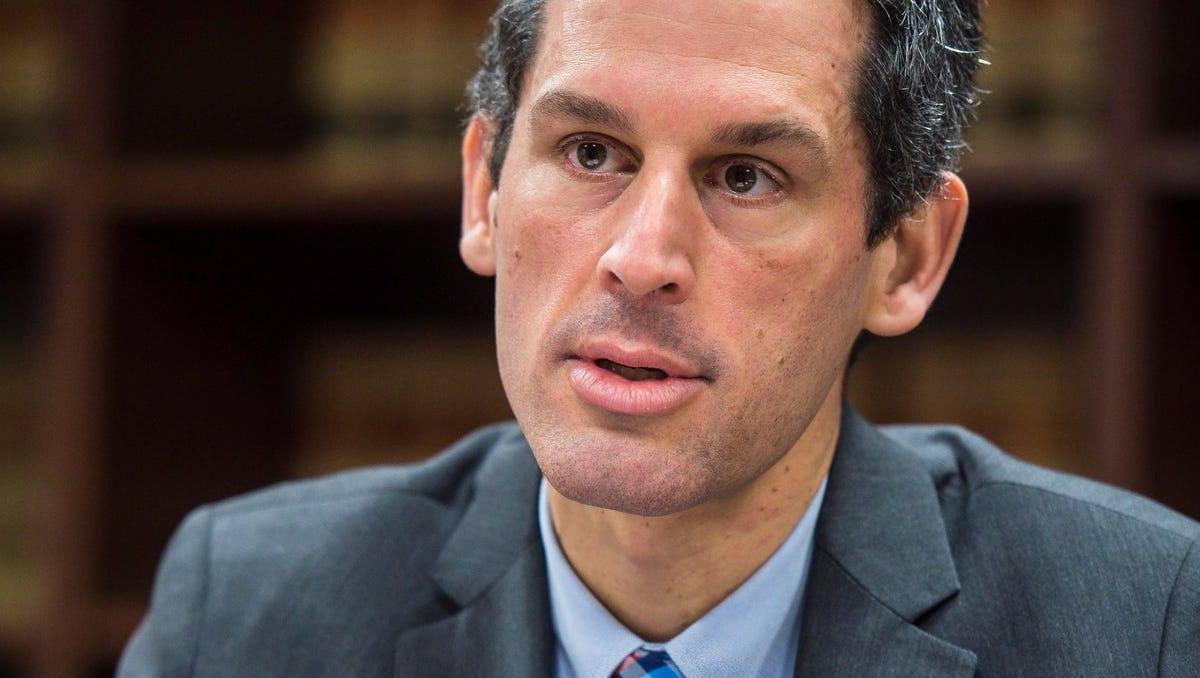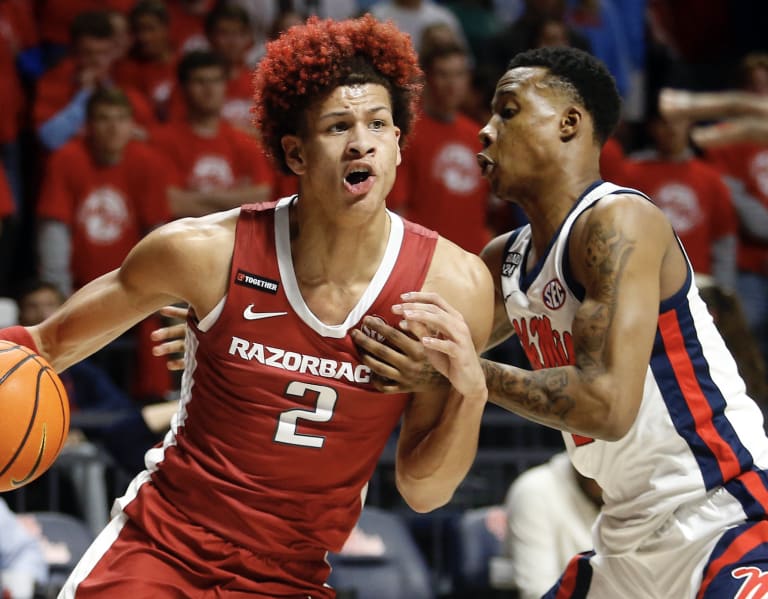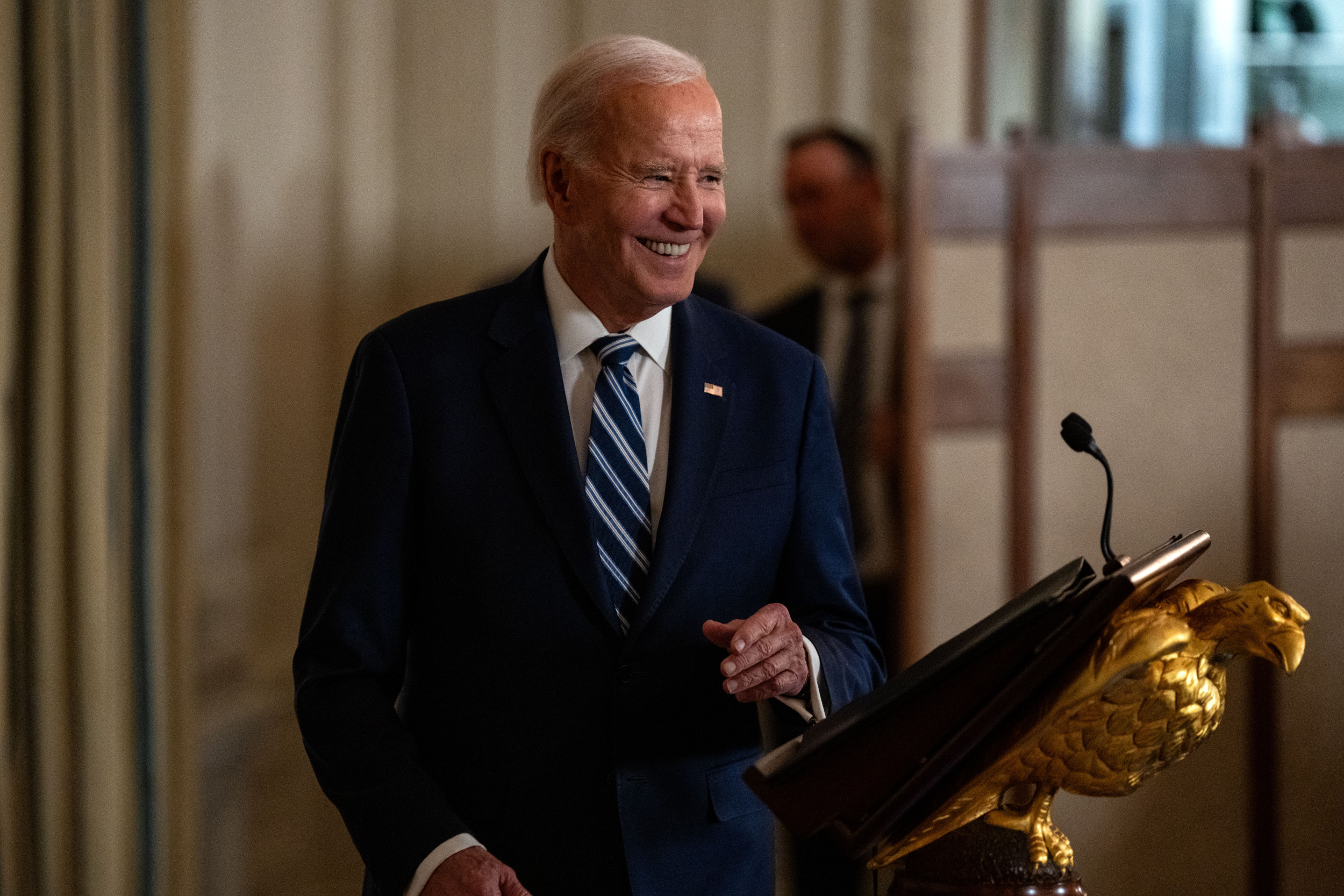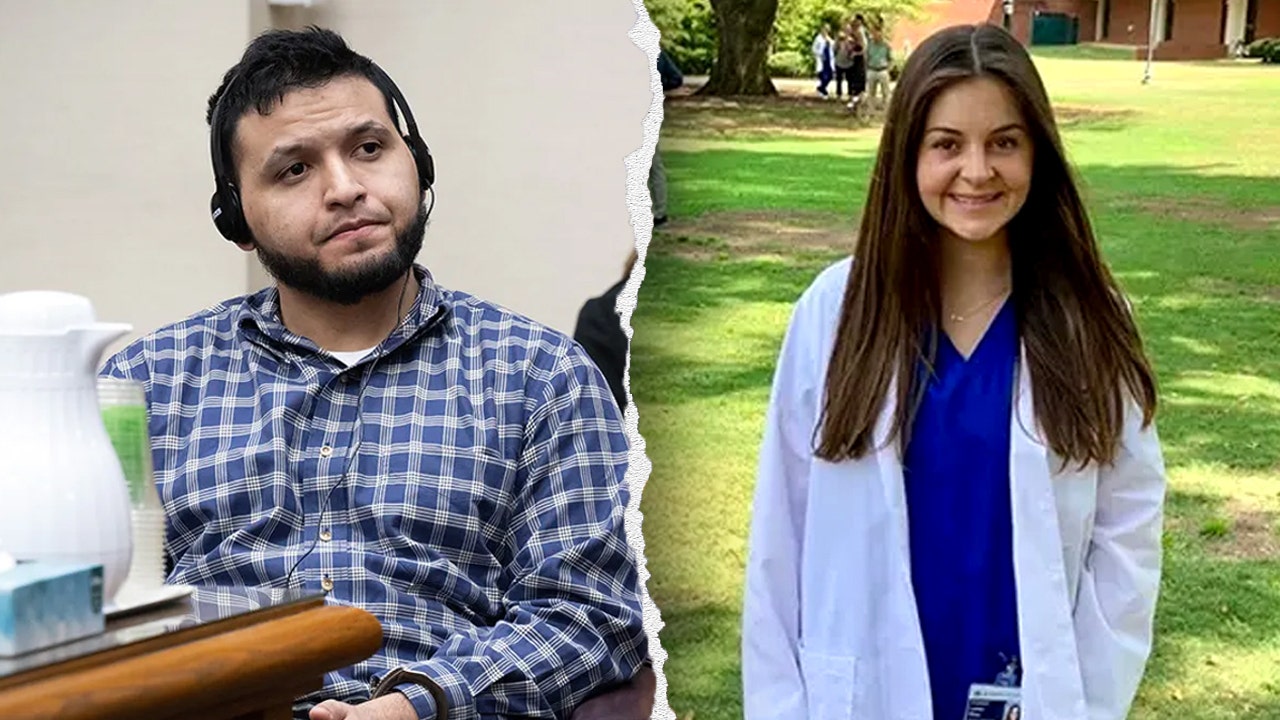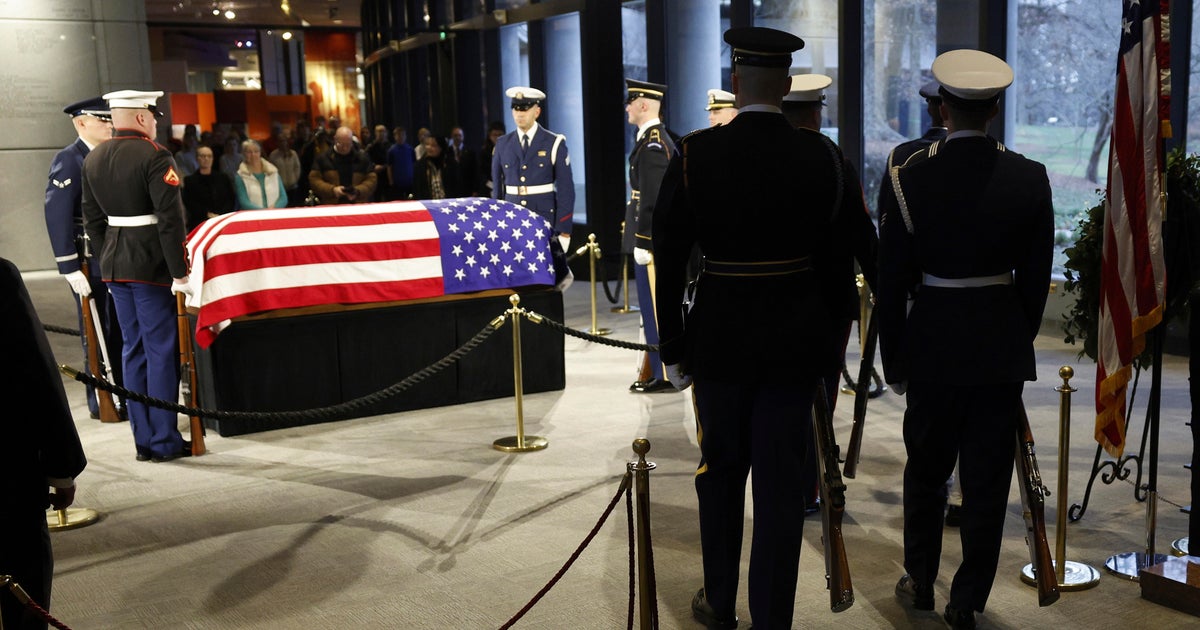Illinois
Driver released without charges after bicyclist killed in Ravenswood hit-and-run, Chicago police say

Thursday, October 26, 2023 1:59AM
CHICAGO (WLS) — The driver who fled the scene after fatally hitting a bicyclist in Ravenswood Monday evening was released without any criminal charges being filed, Chicago police said.
This is a breaking new update. The following is from a previous report.
Staff at Northeastern Illinois University’s Art & Design Department remembered a friend and colleague who died after a bicycle car crash Monday night.
The man killed in the crash was identified as Northeastern Illinois University faculty member Don Heggemann.
“It’s still really shocking,” the school’s Art & Design Chair Kim Ambriz said. “I feel really numb. I mean, I worked with him every single day. It was a little hard seeing nobody there. We are going to miss him.”
The colleagues met with the family of Heggemann on campus Wednesday.
They said he shifted careers after taking a ceramics class at the university ten years ago, and never left. Heggemann worked as an assistant and most recently as the Art & Design Department Office Administrator.
“Don was an amazing human,” ceramic instructor Dubhe Carreno said. “He was generous, he was kind, he was funny and he was collaborative. It’s just unbelievable this happened.”
Monday evening, Heggemann was riding his bike on Damen Avenue headed northbound. Just before Foster, he was hit by a car.
A resident, John McDowell, saw what appeared to be a car in the bike lane and signaled for others to stop the motorist. Then he went to Heggemann, who was in the street.
“I just sat with him and tried to talk with him,” McDowell said. “It’s incredible how quickly things can turn for someone.”
Chicago police said charges are pending against someone.
In the meantime, friends said that the family is planning two services. One in Chicago and one in Missouri, where he is originally from.
Copyright © 2023 WLS-TV. All Rights Reserved.

Illinois
Legislature approves bill to prioritize family members in foster care; heads to Pritzker's desk

SPRINGFIELD — A bill soon heading to Gov. JB Pritzker’s desk would direct foster care officials in Illinois to prioritize placing children with relatives.
The House voted unanimously on Monday to pass the Kindship in Demand Act, or KIND Act. House Bill 4781 puts an obligation on the Department of Children and Family Services to use a “kin-first approach” when placing children in foster care settings. Lawmakers and advocates said it’s better for children to be placed with a family member or another person close to the child when possible.
“If we can stabilize 10 or 12 kids, we’re going to change somebody’s community,” Rep. Marcus Evans, D-Chicago, told the House Adoption and Child Welfare Committee on Sunday.
Pritzker previously voiced support for the idea at a news conference in December.
The approach ultimately will allow the state more access to federal funds, Nora Collins-Mandeville from the American Civil Liberties Union of Illinois told the committee Sunday. Currently, the state reimburses family members for care costs, but once they become certified under the new bill, the state can get more federal funding to cover those expenses.
Like most other state agencies, DCFS faced challenges during a two-year budget impasse that ended in 2017 and strained the system’s funding and ability to promptly place children in care settings.
The Pritzker administration has ramped up funding for the agency, but former DCFS director Marc Smith was found by a Cook County judge in contempt of court multiple times in 2022 for failing to find adequate placements for foster care children, some of whom were residing in psychiatric hospitals beyond medical need. An appellate court later vacated the contempt citations.
Rep. Steve Reick, R-Woodstock, said Monday that state lawmakers and DCFS’ new director, Heidi Mueller, have taken a different approach in recent years.
“I don’t think we would’ve seen this two years ago because there’s a new way of looking at child welfare,” he said.
Nearly 10,000 children in DCFS care live with family members, but more than 60% of those families are not eligible for monthly foster care payments, clothing vouchers, or foster care support groups, according to the ACLU.
Kin-first foster systems have decreased risk of abuse and give a higher chance of achieving permanency, according to Casey Family Programs – the nation’s largest foundation focused on foster care.
DCFS reduced the number of children and young adults in its care from 50,000 in 1995 to 16,000 in 2023. The number, however, has risen in the past year to 18,000.
Illinois’ foster care system ranked in the bottom third of states in 2019 for children placed in permanent homes, according to the U.S. Department of Health and Human Services. Between 2017 and 2021, the number of children who were placed in a permanent home decreased by 7.8%, according to the 2021 Child Welfare Outcomes Report to Congress.
“We know that placing youth in the child welfare system with relatives lessens the trauma associated with family separation, reduces the number of times a child is moved, enhances permanency options if youth cannot be reunified, results in higher placement satisfaction for youth in care, and delivers better social, behavioral, mental health, and educational outcomes for youth than when they are placed in non-kin foster care,” Collins-Mandeville said in a statement.
Under the KIND Act, there would also be different criminal background criteria for relatives and foster parents. The federal government allows DCFS to waive “non-safety-related licensing” for relative caregivers on a case-by-case basis. Relatives would be subject to a personal analysis assessing their criminal record and its potential impact on the child. The bill would allow DCFS to consider, for example, the overrepresentation of minorities in the prison system, especially for minor drug felonies.
Courts would also have a larger role in family-finding efforts like monitoring whether DCFS complies with notifying relatives that a child has been removed from its parents’ custody within 30 days.
Amalia Huot-Marchand is a graduate student in journalism with Northwestern University’s Medill School of Journalism, Media, Integrated Marketing Communications, and a Fellow in its Medill Illinois News Bureau working in partnership with Capitol News Illinois.
Capitol News Illinois is a nonprofit, nonpartisan news service covering state government. It is distributed to hundreds of print and broadcast outlets statewide. It is funded primarily by the Illinois Press Foundation and the Robert R. McCormick Foundation, along with major contributions from the Illinois Broadcasters Foundation and Southern Illinois Editorial Association.
Illinois
Tiffany Henyard misses Thornton Township and Dolton, Illinois meetings on same day

Watch CBS News
Be the first to know
Get browser notifications for breaking news, live events, and exclusive reporting.
Illinois
Illinois Congressman recalls Jan. 6 attack 4 years later as local defendants seek pardons from Trump

CHICAGO (WLS) — Historically, the date presidential elections are certified are mundane. That is, until four years ago, when it meant certifying a loss that the 45th president falsely claims did not happen.
It is an image now burned into American history: Thousands of armed, flag-wielding Donald Trump supporters swarming and scaling the scaffolding of the United States Capitol, beckoned there by the then-president.
ABC7 Chicago is now streaming 24/7. Click here to watch
As the mob shattered the windows and stormed the halls of Congress, U.S. Rep. Brad Schneider hid with colleagues on the gallery floor, readying a gas mask.
Four years to the day, Congress passed through steel security gates and returned to session Monday to again execute that exact same process. This time, it was to certify President-elect Trump’s return to the White House.
“We always need to remember this day for the fragility of our democracy,” Rep. Schneider, D-Illinois, told the I-Team.
In the largest investigation in Department of Justice history, nearly 1600 Americans have been convicted of crimes connected to the Capitol insurrection. More than 600 have faced charges for assault or interfering with law enforcement; 53 of those charged traveled to the Capitol from Illinois.
Trump himself faced federal charges for conspiracy to overturn the 2020 election.
With his 2024 reelection now certified by the candidate he defeated and the federal charges brought against the former president dropped, Trump has promised sweeping pardons for the convicted insurrectionists he has repeatedly referred to as patriots.
Gil Soffer, a former federal prosecutor and ABC7’s chief legal analyst, explained what that could mean.
“The pardons, they don’t expunge the record. They don’t make it as if people who have already been convicted were never convicted, but it restores their civil liberties. As to the vast number of people who could still be charged if he, if he offers a walk, a broad pardon, they can never be charged,” Soffer told the I-Team.
There are dozens of Illinois defendants, convicted of January 6-related crimes, hoping for pardons. Some who have not been charged yet are hoping the DOJ will drop their case altogether.
Copyright © 2025 WLS-TV. All Rights Reserved.
-

 Health1 week ago
Health1 week agoNew Year life lessons from country star: 'Never forget where you came from'
-
/cdn.vox-cdn.com/uploads/chorus_asset/file/24982514/Quest_3_dock.jpg)
/cdn.vox-cdn.com/uploads/chorus_asset/file/24982514/Quest_3_dock.jpg) Technology1 week ago
Technology1 week agoMeta’s ‘software update issue’ has been breaking Quest headsets for weeks
-

 Business6 days ago
Business6 days agoThese are the top 7 issues facing the struggling restaurant industry in 2025
-

 Culture6 days ago
Culture6 days agoThe 25 worst losses in college football history, including Baylor’s 2024 entry at Colorado
-

 Sports6 days ago
Sports6 days agoThe top out-of-contract players available as free transfers: Kimmich, De Bruyne, Van Dijk…
-

 Politics5 days ago
Politics5 days agoNew Orleans attacker had 'remote detonator' for explosives in French Quarter, Biden says
-

 Politics4 days ago
Politics4 days agoCarter's judicial picks reshaped the federal bench across the country
-

 Politics3 days ago
Politics3 days agoWho Are the Recipients of the Presidential Medal of Freedom?


